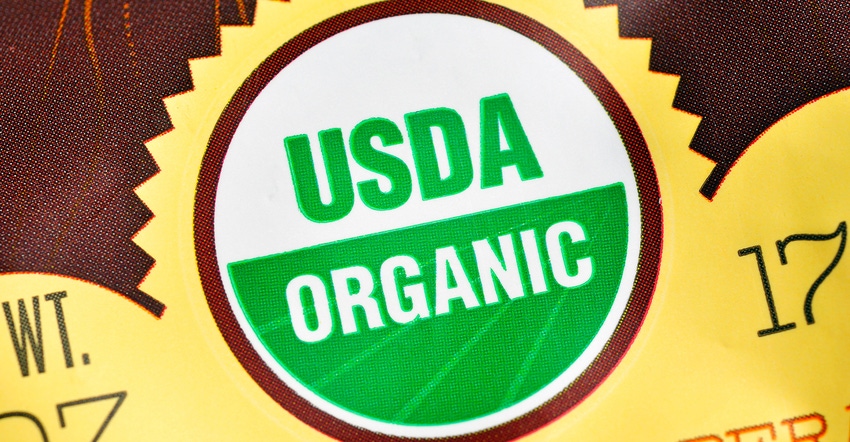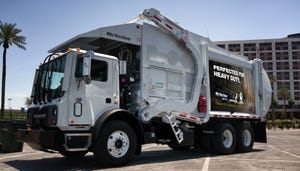U.S Agencies Unveil Strategy to Tackle Food Loss and Boost Organics Recycling
Three U.S. agencies are collaborating on a strategy to reach the national goal of reducing food loss and waste in the U.S. by 50% by 2030.

Three U.S. agencies are collaborating on a strategy to reach the national goal of reducing food loss and waste in the U.S. by 50% by 2030.
The U.S. Department of Agriculture (USDA), the Environmental Protection Agency (EPA), and the Food and Drug Administration (FDA) have jointly released the Draft National Strategy for Reducing Food Loss and Waste and Recycling Organics. This comprehensive strategy outlines targeted initiatives to combat food loss and waste, mitigating their environmental impact, particularly on climate change.
“Food loss and waste poses a real challenge to agriculture, food, and the climate. In order to tackle this problem, and in turn build a resilient food system and mitigate climate impacts, we must explore and implement innovative solutions,” said Agriculture Secretary Tom Vilsack. “This joint effort between USDA, EPA, and FDA will enhance interagency coordination and represents a vital step towards preventing food loss and waste, increasing organic waste recycling, and promoting economic opportunity.�”
The announcement of the draft strategy took place at COP28, the 2023 United Nations Climate Change Conference, solidifying the commitment of USDA to enhance agriculture's role in addressing global food security and managing climate change consequences. This initiative aligns with the Biden-Harris Administration's National Strategy on Hunger, Nutrition, and Health, a deliverable presented during the White House Conference on Hunger, Nutrition, and Health in September 2022.
The draft strategy will focus on four key objectives: prevent the loss of food where possible, prevent the waste of food where possible, increase the recycling rate for all organic waste, and support policies that incentivize and encourage food loss and prevention and organics recycling. The draft strategy builds upon the USDA's previous initiatives to reduce food loss and waste by providing support through research and data to develop and commercialize new food innovations and technologies. Plus, further support by implementing compost and food waste reduction grants.
The draft strategy highlights actions that USDA, EPA, and FDA could take for each objective. USDA is prioritizing investing $30 million in Composting and Food Waste Reduction (CFWR) Cooperative Agreements, expanding partnerships with the National Institute of Food and Agriculture (NIFA) food system programs for education and outreach, and funding research and development on innovative packaging technology to extend food shelf life.
As the USDA, EPA, and FDA collaborate on this initiative, the draft strategy sets a comprehensive roadmap to address the challenges posed by food loss and waste. By fostering collaboration and implementing innovative solutions, these agencies aim to create a more resilient food system while contributing to global sustainability efforts.
About the Author(s)
You May Also Like




